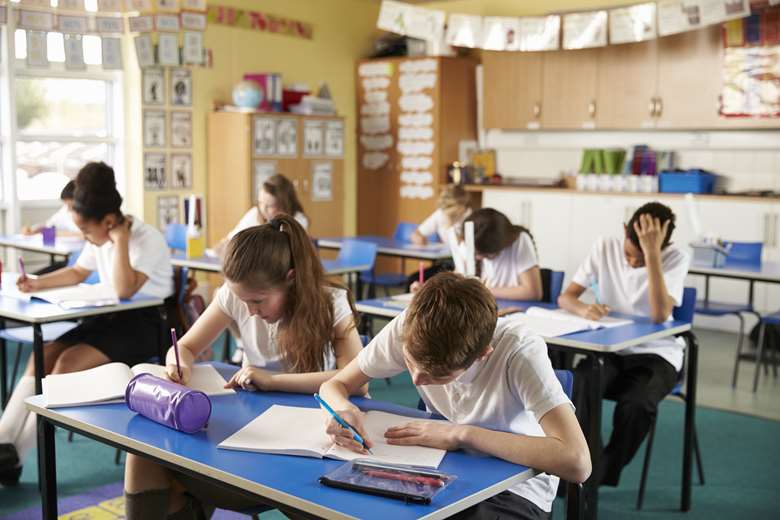Unaccompanied asylum-seeking children three years behind at school, report warns
Joe Lepper
Thursday, December 2, 2021
The majority of unaccompanied asylum-seeking children are more than three years behind their non-migrant peers at school by the time they take their GCSEs, research warns.

The study found a 37.4-month gap in attainment between unaccompanied asylum-seeking children and non-migrant children.
Asylum seeking children are also more likely to be excluded, with a rate of 7.1 per cent, compared to 5.2 per cent for non-migrant children.
-
Analysis: Rise in child refugees sparks calls for mandatory transfer scheme
-
Legal Update: Transferring asylum-seeking children
They are also marginally more likely to be absent from school than their non-migrant peers.
The research by the Education Policy Institute (EPI) also found a GCSE attainment gap between refugee and asylum-seeking children in receipt of government funding, living with family members and non-migrant children. But this gap of 17.3 months, is far smaller than the difference between unaccompanied asylum-seeking children and non-migrant pupils.
The EPI’s report also found that resettled refugee and asylum-seeking children in receipt of government funding had a lower school absence rate than non-migrant children, of just five per cent. They are also less likely to be excluded, with a rate of only 4.4 per cent.
This is the first time the attainment gap between asylum-seeking children and their peers has been measured, says the EPI.
Our new research today shows that unaccompanied asylum-seeking children are over three years behind non-migrant children by GCSE level.
— Education Policy Institute (@EduPolicyInst) December 2, 2021
This highly vulnerable pupil group also has higher school exclusion and absence rates.
Read our findings here: https://t.co/jvvmT4NrMq pic.twitter.com/ggkK1kD1cG
“While these children have very large school attainment gaps and higher exclusion rates, they are often still invisible to the system when it comes to education,” said EPI director and report author Jo Hutchinson.
“It is deeply concerning that the government does not follow the progress of these pupils, and that they receive very little support compared to other highly vulnerable groups.
“We need to see the government do far more to prioritise the needs of refugee and asylum-seeking pupils.”
Last month the government was urged by children’s sector leaders to ensure councils are fully funded to support the needs of asylum-seeking children in their care.
The call came after ministers made the National Transfer Scheme mandatory. The temporary changes mean councils have a legal responsibility to accept transfers of children into their care from areas with a high number of asylum-seeking children.




